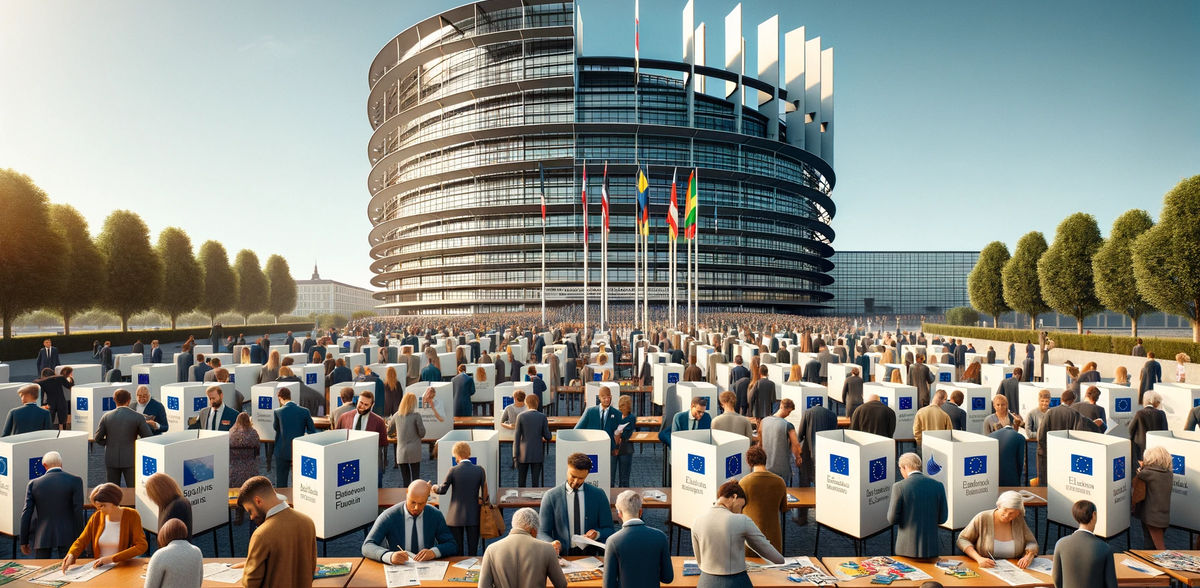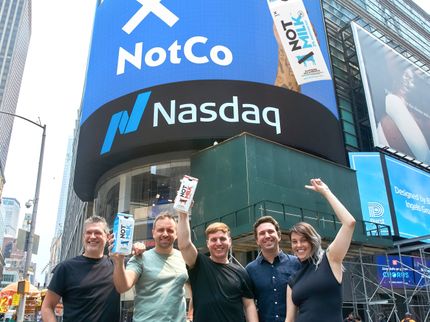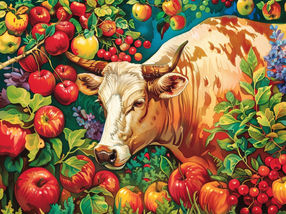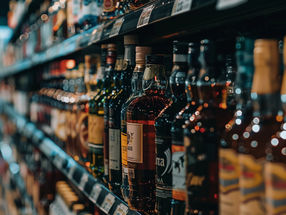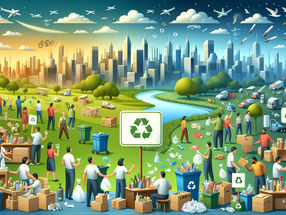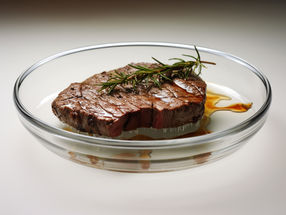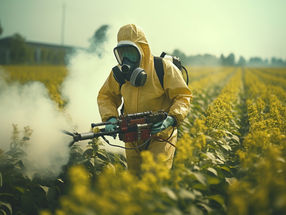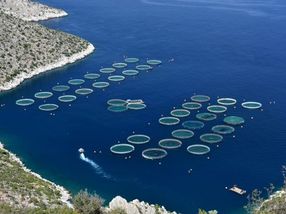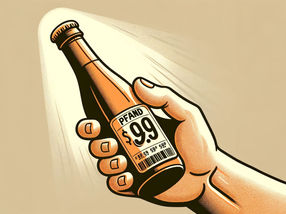Food association lines up for European elections
At the event "Green Deal and farm-to-table strategy: interim results and outlook", the German Food Association looked at the current status of European sustainability projects with renowned experts and formulated clear expectations for the European elections in 2024. Managing Director Christoph Minhoff made it clear: "Next year's European elections will play a decisive role in whether and how we as the European Union will continue to drive forward and implement the Green Deal. We need European solutions, a strong internal market and no national solo efforts. We need freedom of choice for consumers instead of prohibition policies and consumer control by legislators." Minhoff also warned that Europe was at a turning point: "Europe must not fall into the hands of populists. Our common goal should be to create a strong and united Europe based on the fundamental values of tolerance, diversity and respect. We must resolutely oppose those who want to divide us."
Following presentations on the legal framework for sustainable food systems, which the food industry regrets has still not been defined, and on the Code of Sustainable Business and Marketing Practices, which shows what the food industry is willing and able to achieve voluntarily, there were two panel discussions on the important and controversial topics of environmental and sustainability claims and new breeding technologies and new genomic methods.
Food Association President René Püchner then presented five key demands and expectations of the food industry for the European elections and emphasized: "It is time to pool our efforts and tackle the challenges together in order to create a more sustainable future for everyone."
- The need for investment in sustainable food systems Without investment, the transition to more sustainable food systems will not succeed. This starts with agriculture, covers renewable energy and its infrastructure and does not end with recycling.
- Research and innovation as key instruments for greater sustainability If we do not use the potential that science and research present to us, then we will not achieve greater sustainability - the new breeding technologies were a topic today. The approval of novel foods is another, as is the use of digital instruments at all levels.
- Promoting competitiveness and trade as a guarantee for security of supply The crises of recent years have made it abundantly clear to us how important reliable trade relations are on the one hand, but also that we need Europe and production here to guarantee security of supply on the other.
- The importance of better regulation as an indispensable prerequisite for achieving the sustainability goals Science as a basis, reliable impact assessments and the obligation not to impose any new bureaucratic costs are vital, especially for the food industry with its more than 90 percent small and medium-sized enterprises. This is particularly important in order to preserve and further strengthen the internal market, which is perhaps the greatest achievement of the European project. The common market ensures that the same food quality and safety standards apply throughout Europe - for the protection of consumers and as security for companies in the food industry. National approaches can be counterproductive for this level of quality and damage the internal market.
- Improved legislative coordination at European level and in the Member States to avoid and resolve conflicting objectives Sustainability requires the simultaneous consideration of all three pillars: social, economic and environmental. The issue of sustainability obliges us to finally think holistically and resolve the resulting conflicts of objectives.
The five demands form the basis of the food association's upcoming political activities and discussions with a view to the European elections from June 6 to 9, 2024.
Note: This article has been translated using a computer system without human intervention. LUMITOS offers these automatic translations to present a wider range of current news. Since this article has been translated with automatic translation, it is possible that it contains errors in vocabulary, syntax or grammar. The original article in German can be found here.
Most read news
Organizations
Other news from the department politics & laws

Get the food & beverage industry in your inbox
By submitting this form you agree that LUMITOS AG will send you the newsletter(s) selected above by email. Your data will not be passed on to third parties. Your data will be stored and processed in accordance with our data protection regulations. LUMITOS may contact you by email for the purpose of advertising or market and opinion surveys. You can revoke your consent at any time without giving reasons to LUMITOS AG, Ernst-Augustin-Str. 2, 12489 Berlin, Germany or by e-mail at revoke@lumitos.com with effect for the future. In addition, each email contains a link to unsubscribe from the corresponding newsletter.
